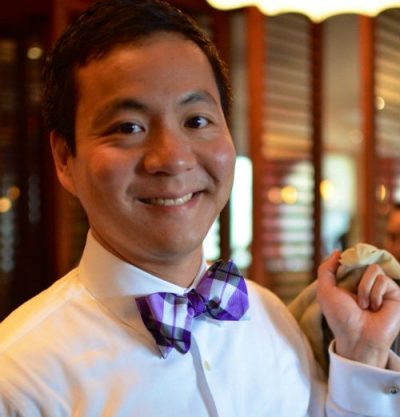After graduating from Virginia in 2002, Michael attended Tuft University’s post-baccalaureate premedical program so he could obtain credits for medical school after one year of intensive course work. He was admitted to Tufts University School of Medicine in early 2004 and began classes in August of 2004. While pursuing his medical degree, Michael held a variety of research positions. He held his first position in 2007 at Baystate Plastic Surgery where he piloted a study that looked back on the outcomes of mastopexy and reduction mammoplasty after radiation for breast conserving therapy. After completing his research at Baystate, Michael returned to the Brigham and Women’s Hospital in Boston where he held a research associate position at the Division of Plastic Surgery. There, he conducted research in wound healing with a concentration on the role of mechanical stress in cellular proliferation, angiogenesis and neuropeptide expression. In addition to this, he also created radiation wound and hypertrophic scar models in mice.
During his fourth year at medical school, Michael took on even more responsibility. He reviewed and edited manuscript submissions for the Tissue Engineering and FASEB Journal while earning his medical degree with research honors and winning various awards for his research in plastic surgery.
Michael Chin moved to Worcester after graduating from medical school for his residency at the University of Massachusetts Medical School as a plastic surgery resident. Michael was again a manuscript reviewer during his first year of residency. He reviewed manuscript submissions for the Burns and Wound Repair and Regeneration journals. Aside from reviewing manuscripts, Michael also began to co-investigate at UMass and Brigham. At UMass, Michael established a team of researchers who conducted privately funded research projects to observe the effects and possible mitigation of radiation induced skin injury in irradiated mice. At Brigham, he created and developed IRB-approved outcome research on post-mastectomy reconstruction patients who have before undergone breast-conserving therapy using radiation. In his third year of residency, Michael became a co-investigator in UMass’s Department of Radiation Oncology. He developed and conducted an IRB-approved clinical study that evaluated the usage of hyperspectral imaging assessment in irradiated breast cancer patients. Towards the end of his third year of residency, Michael was awarded a rare honor for a resident and made a faculty member as an Instructor of Radiation Oncology. Michael’s research and development in hyperspectral imaging resulted in a patent filing for an original method of radiation exposure recognition.
Currently, Michael Chin lives in Worcester where he continues his research at UMass Medical School’s Department of Radiation Oncology.


